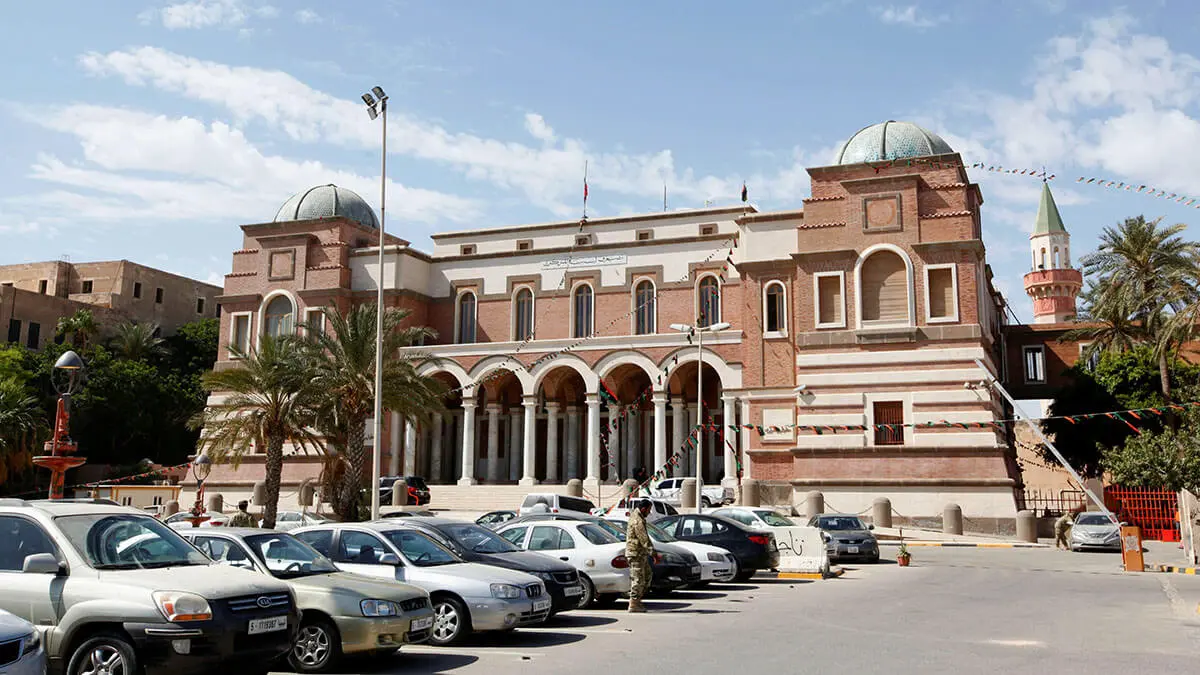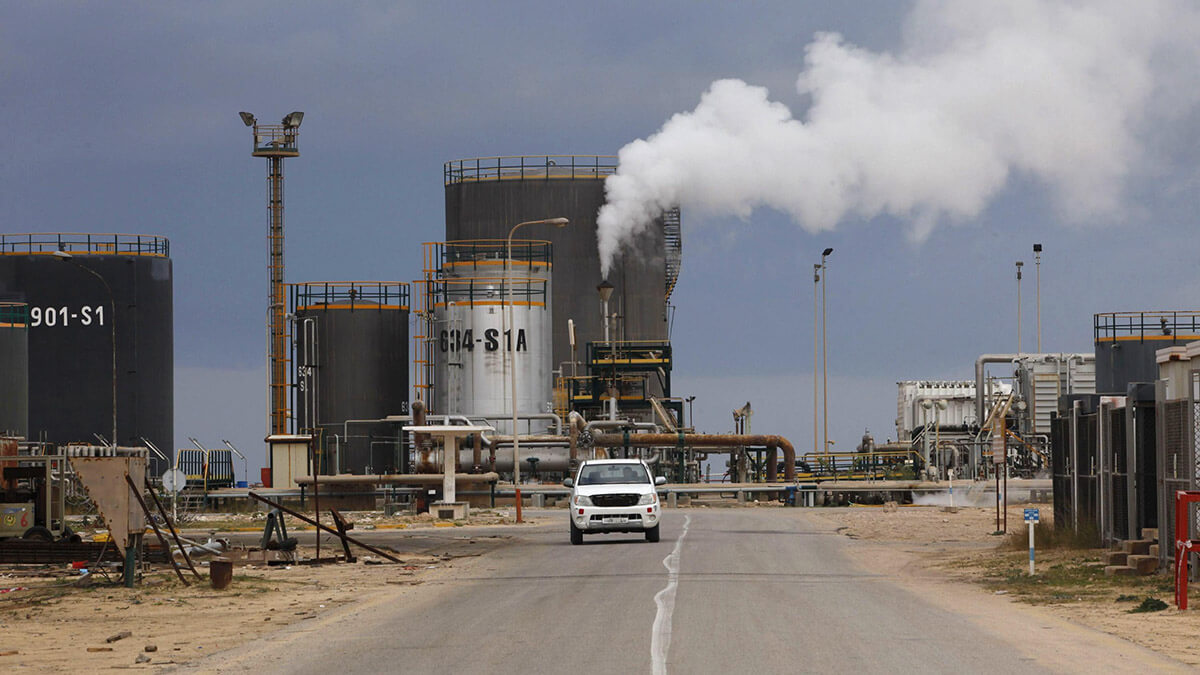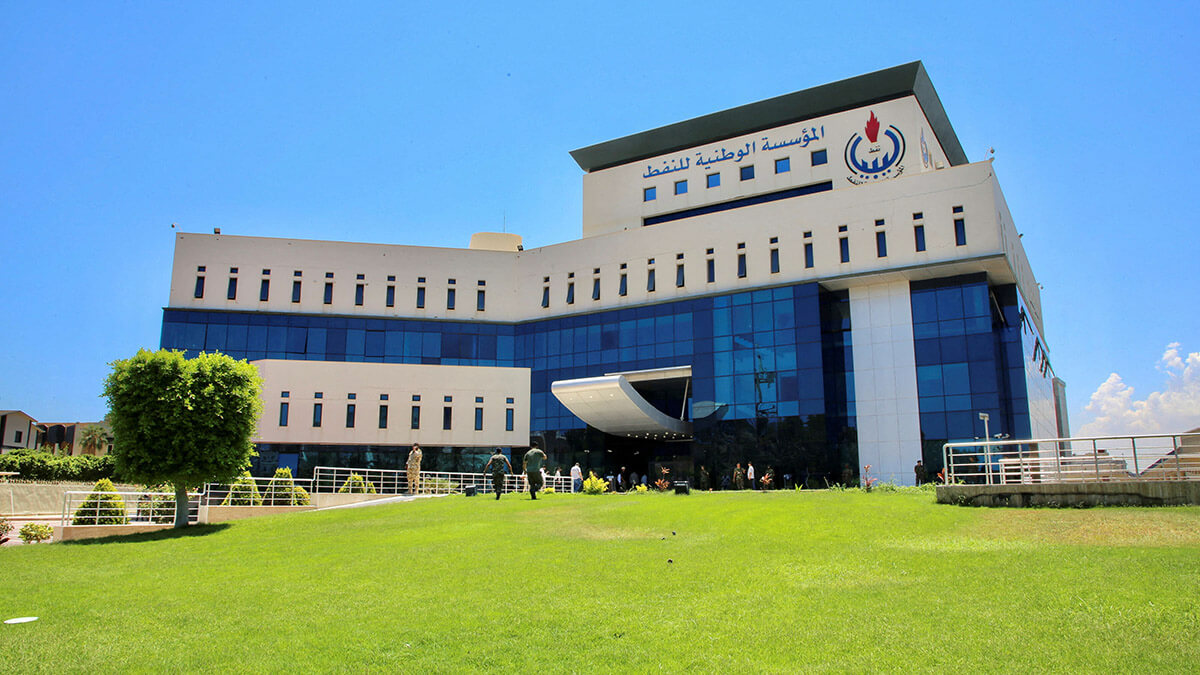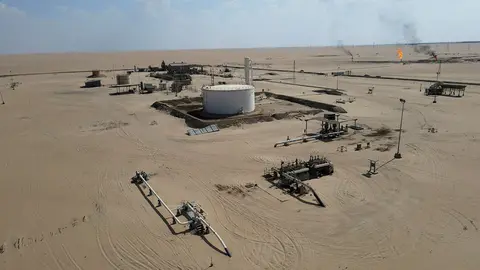Libya's wage crisis exposes authorities' inability to ensure financial stability

Libya is facing a severe financial crisis that has led to delays in the payment of salaries for some 2.3 million public employees during November, after the government was forced to borrow to cover payments for October.
A source at the Central Bank of Libya told Al-Arab that the delay in salary payments was due to the lack of revenue transfers for several months. In response, the National Oil Corporation took responsibility for mitigating the consequences of the crisis by issuing a schedule of transfers of oil revenues from the institution's accounts to those of the Central Bank of Libya. These transfers, which began in January 2024 and ran until 25 November, totalled 14.362 billion dollars, spread over 21 transfers.
The National Oil Corporation clarified that, according to the report submitted, there were no delays in the transfer of the aforementioned revenues, and that this fact was at no time an obstacle in the payment of salaries of public sector employees. On the contrary, the Corporation has been very careful in transferring the amounts due before their due date in most cases. He also explained that the drop in oil revenues in the last period was not due to delays, but to the crisis at the Central Bank of Libya and the consequent closures, in addition to the stoppage of production at the Sharara oil field.
For his part, Omar Bseisa, a member of the Ministry of Finance in the former National Unity government, explained that the October salaries were covered by a loan from the Central Bank of Libya. Bseisa assured that his Ministry is willing to transfer the salaries, but this depends on the account being backed up and the necessary coverage being guaranteed. However, he pointed out that they have not received any information in this regard, especially given the total lack of communication from the banking institution.
According to the ruling party, the crisis is due to the lack of financial coverage in the treasury accounts, which could lead to a delay in the payment of salaries for some 2.3 million public employees, should the financial shortfall persist.

For years, Libya has faced uncertainty in the disbursement of salaries due to liquidity shortages, a challenge that government officials have attributed to instability, lack of security and the closure of oil facilities.
This salary crisis reflects poor management of resources and lack of coordination among the country's authorities and agencies.
The fact that the Unity government's Ministry of Finance had to resort to a loan of 5.3 billion dinars (approximately 1.08 billion dollars) to cover October salaries is evidence of the authorities' inability to ensure a regular financial flow, especially considering the economic challenges facing the country.

Political circles in Libya attribute the delay in salaries to the inability of government authorities since 2011 to ensure the necessary financial balances. This lack of control has led to the collapse of the local currency and liquidity shortages, giving rise to currency manipulation and counterfeiting, the looting of public funds and the consolidation of corruption as a political and social phenomenon, closely linked to membership of the government apparatus and state institutions.
In early November, a meeting at the headquarters of the Administrative Control Authority identified three main reasons behind the delay in the disbursement of salaries. First, insufficient revenues transferred from the Petroleum Corporation to the Central Bank to cover salaries. Secondly, the impact of planned salary reforms for certain public sectors and, thirdly, the delay in the transfer of oil revenues, in line with the 2020 agreement which stipulates that revenues must be transferred within 48 hours to the state's sovereign account and subsequently to the Ministry of Finance's account at the Central Bank.
The number of public employees in Libya has reached 2.3 million, a significant increase from the 900,000 employees recorded in 2010.









